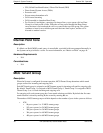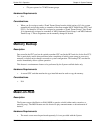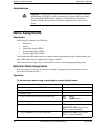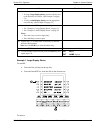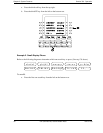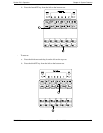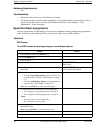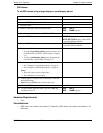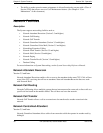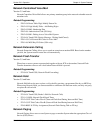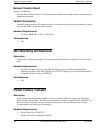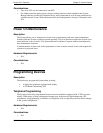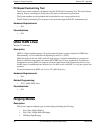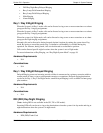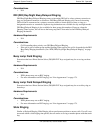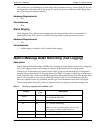
56 ICX (International) issued October 2000 ICX-50-700
Chapter 3. System Features Section 700 - Operation
• The ability to make extension name assignments is allowed/restricted to anyone with a Class of
Service (COS) that allows access to User Maintenance features. (See Chapter 4 “User
Maintenance” of this document.)
Network Facilities
Description
The System supports networking facilities such as:
• Network Attendant Reversion (Version 3.5 and higher)
• Network Call Routing
• Network Call Transfer
• Network Centralized Attendant (Version 3.5 and higher)
• Network Centralized Voice Mail (Version 3.5 and higher)
• Networking Extension Calling
• Network Flash Transfer (Version 3.5 and higher)
• Network Hold (Version 3.5and higher)
•Network Paging
• Network Transfer Recall (Version 3.5 and higher)
• Tandem Calling
For more information on System Networking, see the System Networking Reference Manual.
Network Attendant Reversion
Version 3.5 and later
Network Attendant Reversion enables calls to revert to the attendant in the same CCU. Calls will not
revert if the CCU receiving the call has no attendant. Network Attendant Reversion does not work
with Network Hold.
Network Call Routing
Network Call Routing allows multiple systems that are interconnected in a network, to direct calls to a
specific tie line based on the number dialled. The call does not leave the network.
Network Call Transfer
Network Call Transfer allows a call at an extension to be transferred to another extension in the
network.
Network Centralized Attendant
Version 3.5 and later
Network Centralized Attendant allows callers from one node to dial the operator in another node by
dialing 0.



